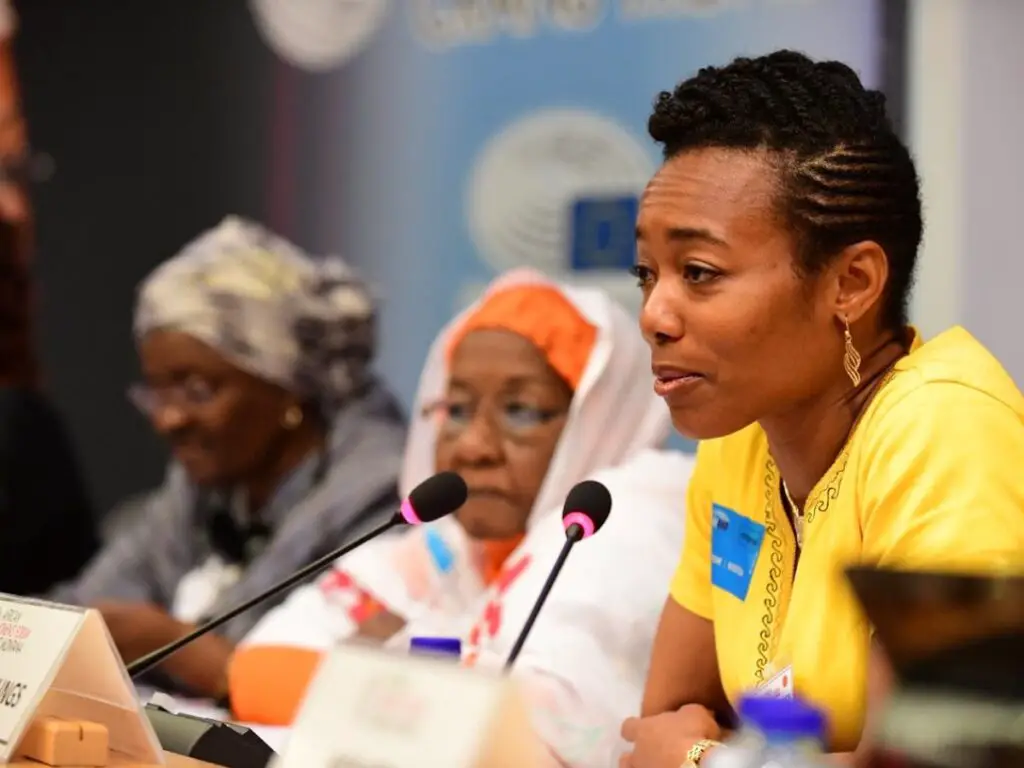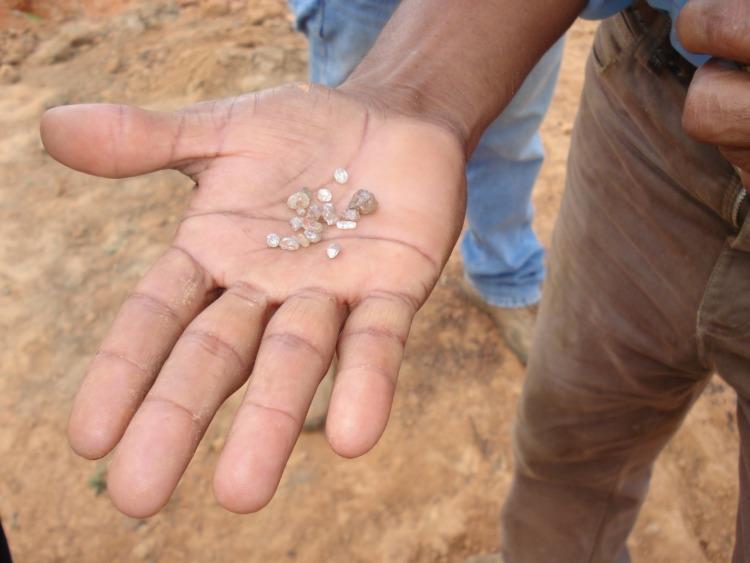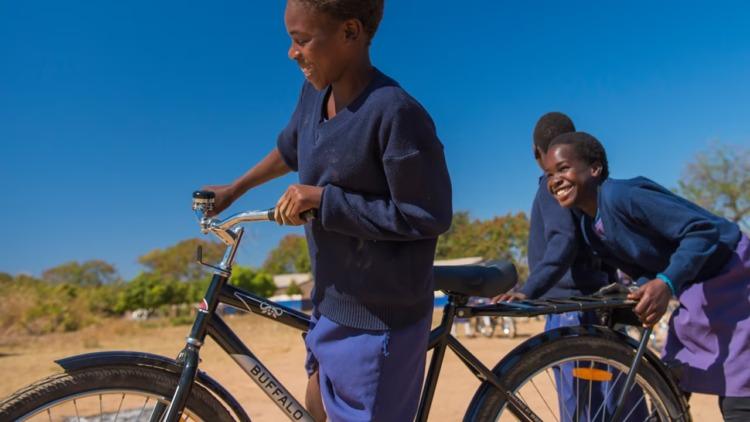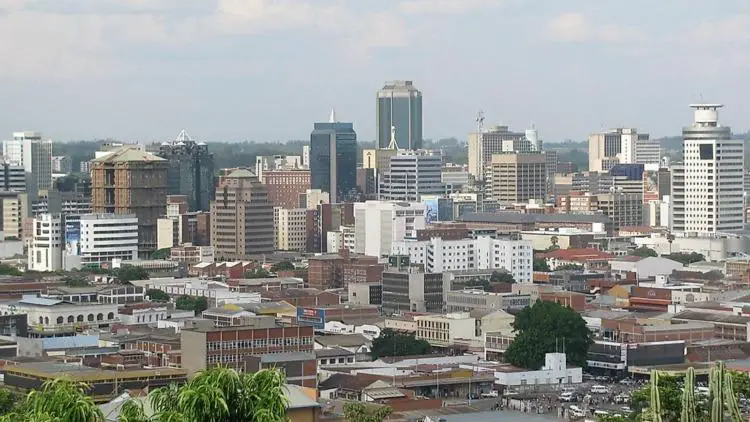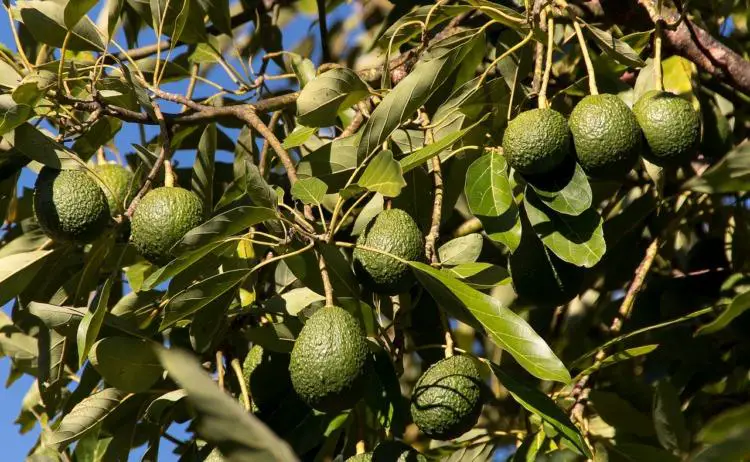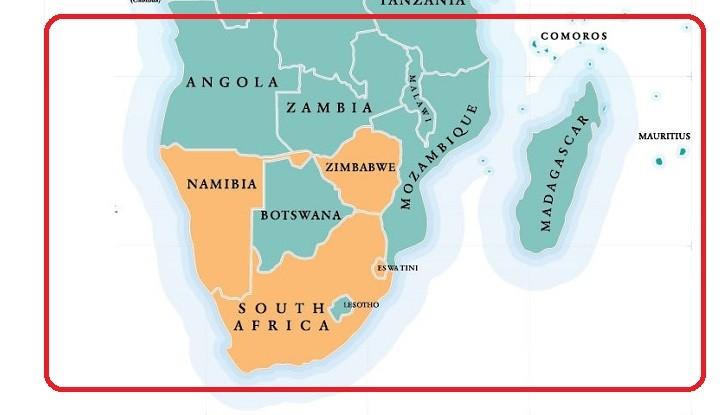- Africa’s new dawn: the rising role of digital and AI in agriculture
- Can Dangote Refinery Transform Africa Energy Ambition
- Gallup Survey: 80 per cent of Kenyan Workers Are Disengaged and Seek New Opportunities
- Madagascar Man Freed from 5KG Tumor After 15-Year Struggle
- How women in Africa are perceived and treated
- Sugar consumption in Kenya to Increase to 1.23 Million Tonnes
- Can Somalia and Turkey Oil deal Bring Change in Somaliland
- Remittances to Kenya dropped to $371.6 million in June, marking a six month low
Browsing: UN
As would be expected, Total rebutted the claims. Its first move was to make public the related project social and environmental studies and issue a statement in which it pledged transparency.
The company admits that; “The projects for the development of the oil and gas resources of the Lake Albert region and the cross-border pipeline are situated in a sensitive social and environmental context that requires special measures for the environment and the rights of the local communities.”
In a follow-up statement, the investors maintained that; “All the partners are committed to implementing these projects in an exemplary manner and taking into highest consideration the biodiversity and environmental stakes as well as the local communities’ rights and within the stringent environmental and social performance standards of the International Finance Corporation.”…
The Vienna World Conference on Human Rights in 1993 was forced to address women’s rights as a human rights issues because of the violence and sexual abuse against women occurring in Yugoslavia at the time.
The Fourth International Women’s Conference was held in Beijing in 1995 made human rights and women’s participation in decision making at all levels key. One of the recommendations was for the countries to have gender desks in the Ministries, Departments and Agencies including Security Services. It cautioned against the specific establishment of Women’s Ministries as these would take gender issues to the periphery as that ministry would be saddled with all matters gender-related.
The conference also discussed the eradication of poverty, women in armed conflict and violence against women. …
Zimbabwe chastised the West for averting Harare’s breakdown by denying “access to markets for Zimbabwe’s diamonds sector” and causing “disinvestment, corporate closures, and a currency collapse” in a document titled “Economic Impact of Sanctions on Zimbabwe.”
Zimbabwe, which is thought to hold 25% of the world’s diamond reserves, has sunk deeper into international turmoil following revelations that over USUS$14 billion had been taken by oligarchs in the Marange highlands, where the US has expressed concerns about forced labour and human rights abuses.
Security forces mercilessly attacked illegal miners around the end of 2008 to gain sole ownership of the mines for the state, prompting the West to label Harare’s jewels “blood diamonds.”…
The world today is at a crossroads dealing with numerous crises including the decades-long climate crisis which has led to unprecedented biodiversity loss and rising inequalities among other challenges.
In 2019, the Covid-19 pandemic struck knocking everything off balance.
It is against this backdrop that the UN climate change conference (COP26) is taking place in Glasgow, Scotland.
As the world is resurging from the negative economic effects of the pandemic, the COP was a good place, and in good time, to help the world reset when it comes to matters climate change. One of the biggest casualties of the pandemic was transport which badly affected value chains as logistics became impossible.
Making non-motorised transport chic
Globally, transport is one of the biggest contributors to pollution. To address this challenge, the world has slowly been making positive steps towards making non-motorised transport chic in a bid to cut down …
South Africa remains one of the most important trading partners for Zimbabwe; with Zimbabwe importing 40% of its total imports and exporting 75% of its total exports to South Africa.
Since 2007, South Africa has always maintained a trade surplus with Zimbabwe with the surplus widening over the review period mainly attributed to the economic instability experienced in Zimbabwe and the volatility of the South African Rand to the US dollar.
But with the violent events that unfolded in South Africa this past week continually present renewed purpose for some serious soul searching by Zimbabwe’s economic decision makers on how to model the economy out of the dependency on its neighbor to the south for raw materials and other essentials, according to the economic experts.
South Africa’s KwaZulu Natal and Gauteng provinces the two strategic economic areas broke into mayhem last week as looters ransacked major retail shops, banks and …
Rural businesses in Africa will benefit from an ambitious new financing programme launched by the UN’s International Fund for Agricultural Development (IFAD), as part of its broader efforts to address rising hunger and poverty levels in the world’s poorest countries.
In a statement, IFAD says the programme, dubbed ‘The Private Sector Financing Programme (PSFP)’, aims to spearhead an increase in private investment in small and medium-sized enterprises (SMEs), farmers’ organizations and financial intermediaries servicing small-scale farmers, which are too often neglected by investors.
It will provide loans, risk management instruments (such as guarantees), and equity investments.
Commenting on the development, Gilbert F. Houngbo, President of IFAD said there is need to urgently stimulate more private sector investments to rural areas and unlock the immense entrepreneurial potential of millions of rural SMEs and small producers.
“With access to capital, they can attract more investors and partners, grow their businesses and create …
Harrowing tales of men, women and children drowning in the Mediterranean, after taking treacherous journeys by foot, car and boat; crossing borders in search of safer pastures has hitherto proven to be a truth stranger than fiction. However, the deadly voyages are just a tip of the iceberg of the plight suffered by refugees and migrants, who flee their native countries seeking safer havens in foreign lands. Instead, to the few who make it to the other side, they face an uncertain future. For most, this hope is extinguished upon setting foot on foreign soil, where they are met with unspeakable violence, endure untold horrors and experience extreme human rights violations such as assault, detainment and even sexual defilement.
Consequently, psychological trauma plagues this lot, which in most cases leads to dysfunctional behaviors that impair their ability to cope with social or family life. Heretofore, more than 20,000 migrants and …
Digital supremacy has not only ended with space-technology and communication, but has made its way towards health. In this case, Tanzanian youth have used ingenuity in domesticating seamless digital solutions and in making sure essential health services are simplified.
It is the youth who are now innovating realistic and customized digital solutions that link pharmaceutical suppliers, manufacturers, importers and retailers in one system, to ensure pharmaceutical services are executed proficiently and in an organized manner.
The health sector in Tanzania, a nation with more than 55 million people, whose Gross Domestic Product (GDP) grew by 6.8 per cent in the third quarter (according to Bank of Tanzania Quarterly Bulletin), contributed less to the real GDP with only 0.7 per cent, still, its stakeholders strive to develop different spheres of the sector which is crucial for the nation’s welfare.
According to WHO, and UN Comtrade and Business Monitor, Tanzania’s pharmaceutical market …
With more than 14 million people in Southern Africa facing acute hunger, non-governmental organisations are calling on the AU Heads of State to address the issue threatening lives in the region.
The NGOs comprising of Oxfam, CARE, Plan International and World Vision are also calling for the implementation of agricultural policies that will enable people to feed themselves in line with the AU’s Malabo Declaration’s commitment of investing 10 per cent of national budgets in agriculture.
In addition, Southern African leaders are being urged to increase investments in early warnings and early action systems on natural hazards and promote agroecological approaches to transition towards more just and sustainable food systems.
14.4 million people facing acute hunger
Severe food insecurity rates across 9 southern African countries are 140 per cent higher now than in 2018 primarily because people are being hit by weather extremes driven by climate change.
Across the Southern …
The United Nations (UN) Climate Change Conference COP 25, has levitated the climate action landscape in Africa
This has led to the African Development Bank (AfDB) to join forces with 11 other international organizations to assist developing countries to build resilience against the impact of natural disasters caused by extreme weather.
The initiative comes at a rather perfect moment, especially when the region is faced with unprecedented catastrophic weather events affecting the continent’s economy.
According to AfDB, the institutions came together at the COP 25 climate change conference in Madrid on Tuesday to launch the Alliance for Hydromet Development.
Alliance for Hydromet Development
According to the World Meteorological Organization (WMO), the Alliance for Hydromet (hydrological and climate services) Development brings together major international development, humanitarian and climate finance institutions, collectively committed to scale up and unite efforts to close the hydromet capacity gap by 2030. It aims to increase …






